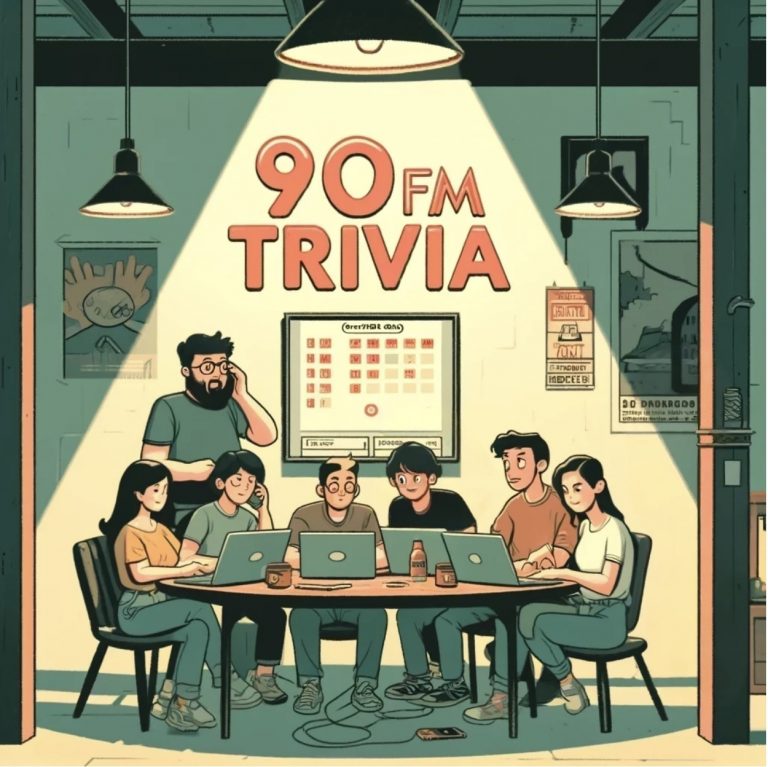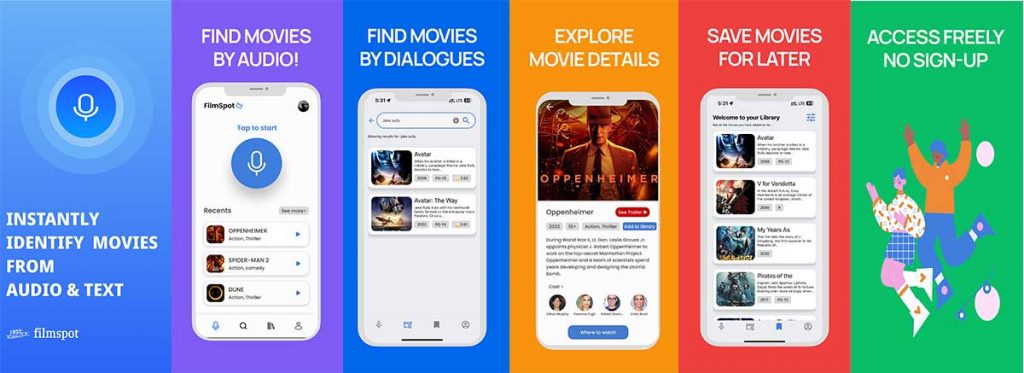Google is already famous and well-known for providing a number of beneficial tools for Internet use, information management and communications, but now the tech giant is trying to spread its wings into a correct process of language translation. This has long been an area where the expert human translator has enjoyed the advantage, and most computers-driven translations have failed miserably. So in a recent comparison a human Spanish translator was matched up against Google’s translation services. The results were extremely interesting.
As anyone who has had to work with different languages is probably aware, a translation is far more than just converting the words from one language to another. Just the construction of a sentence alone is different from one to the next. So a literal translation of just the words alone will come out very dense, which is usually what happens with basic computer conversions. Instead, an accurate translation has to be correct in a number of elements including the words, syntax, grammar, accuracy and general comprehension (i.e. the entire phrase is placed in the right context of the discussion taking place). Computers have been generally horrible at this challenge level and failed miserably. Even human translators make occasional mistakes themselves, depending on how they hear or read the material to be converted.
During the test both a written version and a verbal version of the material to translate was provided. This gave the human translator and the Google computer program a full chance to consider all the nuances possible. The results were a significant improvement for Google Translate, although it’s still not ready for the big leagues yet (business language or legal matters). The Google tool is definitely light years ahead of the basic simple word conversion level most automated translators were famous for dating back to 2001. However, Google still could not manage the intricate part of languages where word choice, grammar, and syntax play very big influences. While Google was able to produce messages that gave a user a general idea of the message, it was by no means correct and the wrong words were frequently used to fill in logic gaps. This is where the human brain still has the advantage, not just knowing what words to exchange in a conversation but also how to apply them to either abstract or real concepts as they are occurring in that conversation.
The human contestant was by no means perfect either. However, she was able to adjust quickly and put in the correct phrasing that equally compensated for inaccuracies. This ability to fix mistakes on the fly is why the human translator is still the better choice, even with the advantages and upgrades in the latest Google Translate. So if you need a restaurant menu choice communicated, Google will work. If you want a service contract squared away, go with a human translator.












Start the discussion at forum.opensubtitles.com
I believe that someday Google or some other translator will replace human translators but now it’s impossible